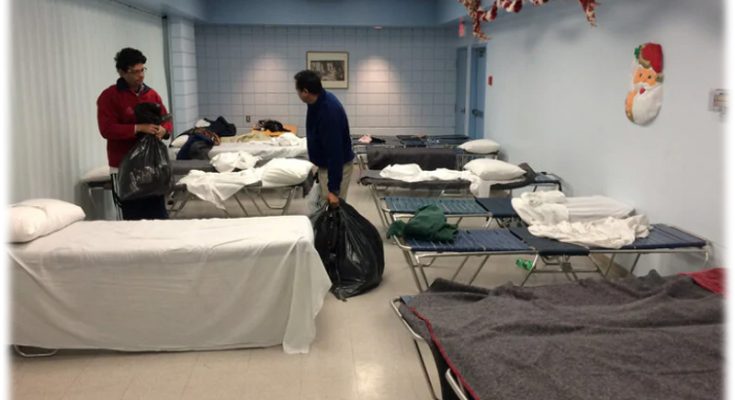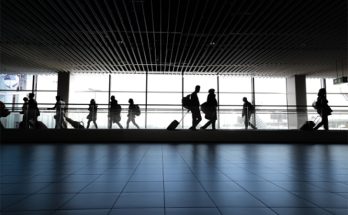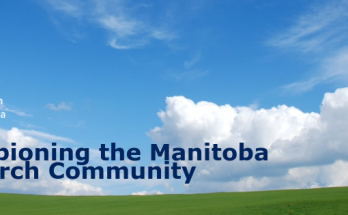#Canada, #CanadaRefugee, #Refugee, #Extremists, #CanadaExtremists
Regarding Canada’s asylum policies, many are expressing concerns that the nation may be treading a perilous path toward becoming the “Pakistan of the West.”
Drawing parallels to Pakistan’s history of providing refuge to notorious terrorists such as Osama bin Laden, Canada faces scrutiny amid reports suggesting a troubling trend.
The comparison to Pakistan, a country known for harboring extremists, gains weight with recent allegations of notorious figures like Dawood Ibrahim finding sanctuary within its borders. The specter of these parallels raises questions about the unintended consequences of Canada’s open-door policy, emphasizing the need for a careful examination of the nation’s asylum practices to prevent the inadvertent sheltering of individuals who may pose threats to global security.
Dr. Abdul Basit Syed Frsa, a renowned British philanthropist and advocate for global peace, sounded the alarm on Canada’s lenient asylum rules, alleging that they have inadvertently transformed the nation into a refuge for Punjab separatists and potential threats to global security. Dr. Syed’s concerns echo louder in the aftermath of the killing of Hardeep Singh Nijjar and the strained diplomatic relations between Canada and India sparked by controversial remarks made by Canadian Prime Minister Justin Trudeau.
From the hallowed halls of the United Nations in New York, Dr. Syed declared, “Canada has opened the gates to hell” by providing a safe haven for Khalistan terrorists. His apprehensions extend beyond the immediate diplomatic tensions, suggesting that the sanctuary granted to these militants in Canada poses a broader threat to the global economy.
A critical aspect of Dr. Syed’s apprehension lies in Canada’s apparent reluctance to address the issue of Khalistan terrorism. Despite India submitting substantial evidence to Interpol regarding the challenges it faces from Khalistan terrorist organizations, Canada seems, in Dr. Syed’s eyes, to be turning a blind eye. This stance raises concerns about Canada inadvertently harboring criminals, gangsters, and terrorists who might eventually turn against their benefactors.
The philanthropist’s warning sheds light on the uncompromising ideology of radical groups like Khalistan terrorists, whose mission is to spread terror indiscriminately, even among those who offer them refuge. Driven by a ruthless agenda, these groups operate devoid of reason, compassion, or justice.
While Canada remains a beacon of hope for many seeking asylum, Dr. Syed’s warning calls attention to the need for a nuanced approach to asylum policies. Balancing compassion with national security concerns is a delicate task, and the allegations made by Dr. Syed prompt a closer examination of Canada’s policies to ensure that they do not inadvertently become a haven for extremists.
As the world watches, the spotlight is now on Canada to address these concerns and strike the right balance between humanitarianism and security.
(Image and text courtesy: Khalsavox.com)





